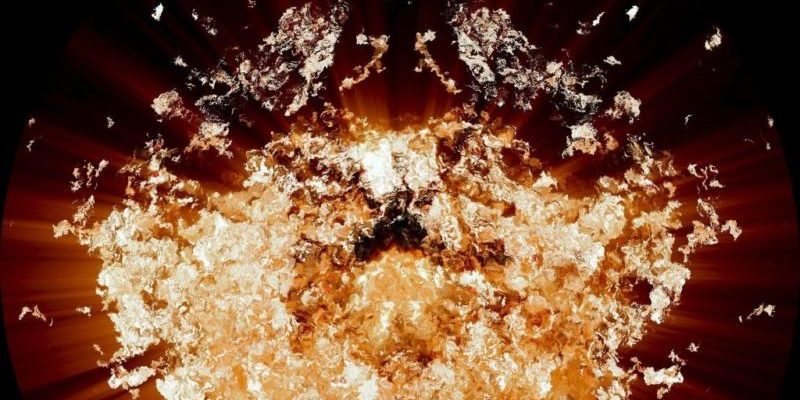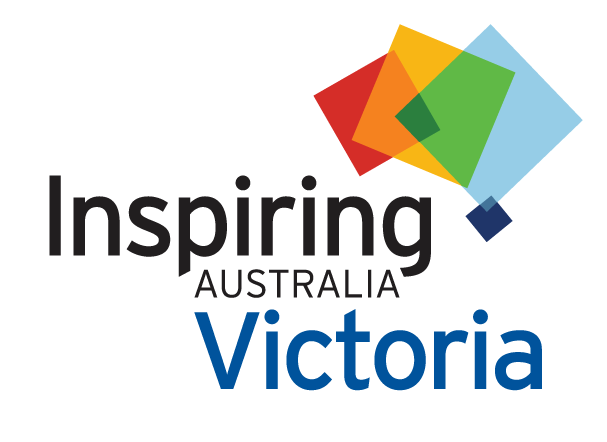
- This event has passed.
Particle/Wave
17 August 2019 @ 7:00 pm – 9:00 pm

The Universe has spoken and we have understood. David Blair, astrophysicist and LIGO and OzGrav collaboration member.
Particle/Wave is an immersive multimedia exploration of gravitational waves at the point where poetry, video art, music and science intersect. First observed in 2015, gravitational waves are ripples in space-time, traveling away from exploding stars, merging black holes and other cosmological phenomena.
Physicist Stephen Hawking called them ‘a completely new way of looking at the universe.’ A mind-expanding collaboration of artists and internationally renowned scientists, Particle/Wave offers a unique lens into this incredible discovery.
Following a sell-out season at the Melbourne Festival 2018 and this years’ World Science Festival Brisbane, Particle/Wave is proud to be part of National Science Week 2019. It will travel to Melbourne, Wollongong and Adelaide.
With writers ALICIA SOMETIMES, KRISSY KNEEN, MAXINE BENEBA CLARKE, LISA GORTON, OMAR MUSA, JORDIE ALBISTON and sound artists ANDREW WATSON, CAMILLA HANNAN, NAT BATES and video by ANDREW WATSON, ISOBEL KNOWLES, BENJAMIN PORTAS, CARL KNOX, MARK MYERS, SAR RUDDENKLAU, DEE MASON, AI YAMAMOTO, TOBIAS EDWARDS and scientists: KATIE MACK, KENDALL ACKLEY, ALAN DUFFY and LING SUN.
Director and producer: Alicia Sometimes Musical Director and co-prodcuer: Andrew Watson With support from National Science Week, Museum Victoria, ARC Centre of Excellence for Gravitational Wave Discovery (OzGrav), Creative Victoria, Australia Council and Hobsons Bay.
